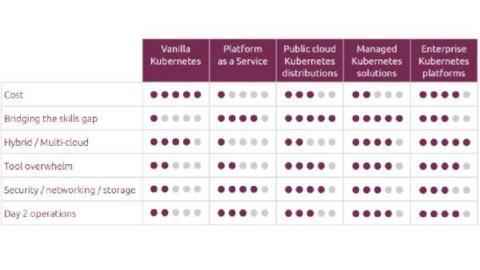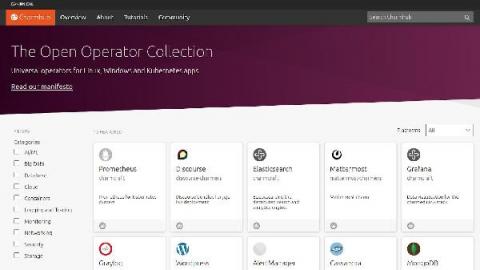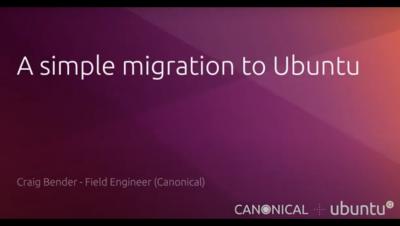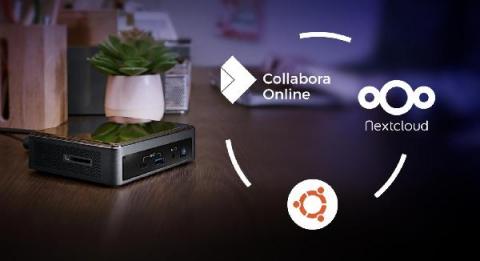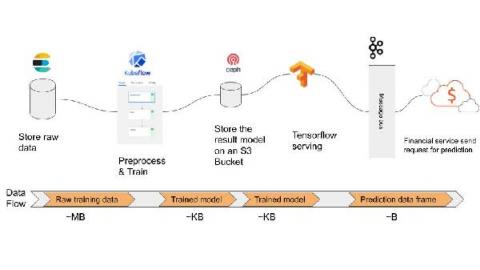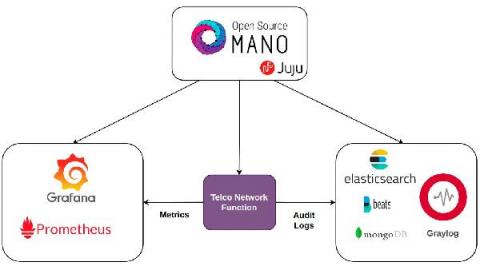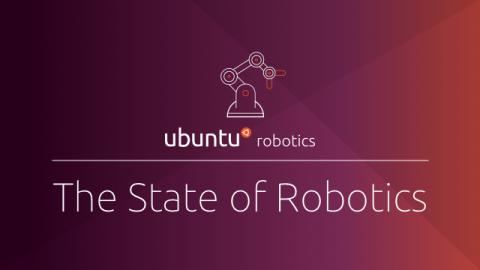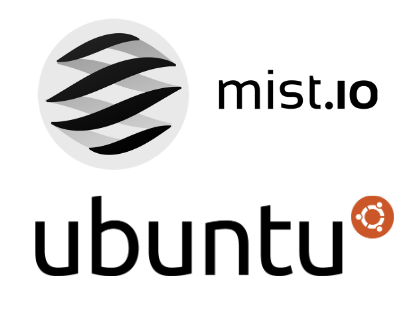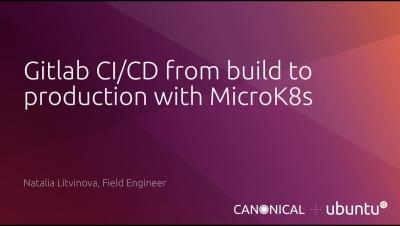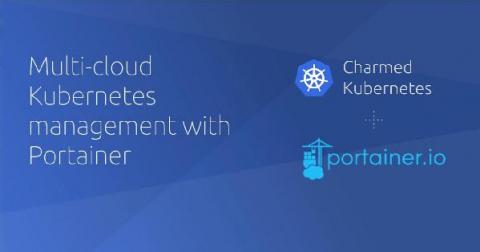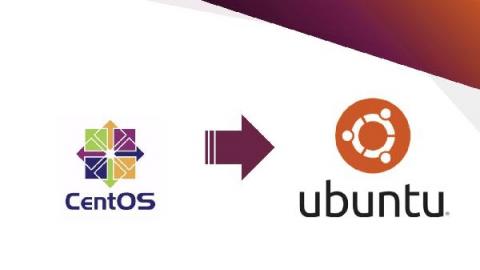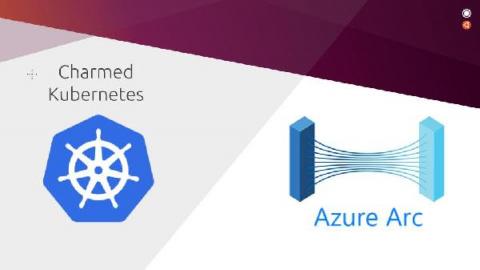How to choose the best enterprise Kubernetes solution
While containers are known for their multiple benefits for the enterprise, one should be aware of the complexity they carry, especially in large scale production environments. Having to deploy, reboot, upgrade or apply patches to patches to hundreds and hundreds of containers is no easy feat, even for experienced IT teams. Different types of Kubernetes solutions have emerged to address this issue.


